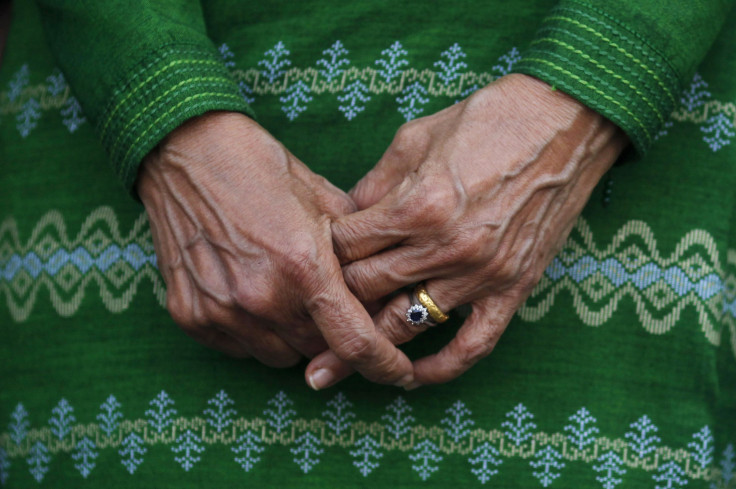Myanmar Gems Emporium Earned Record $2.4 Billion, US-Maintained Ban On Imports Of Gems May Not Be Effective

As expected, the United States on Wednesday renewed a ban on the import of gems from Myanmar, as the highly profitable industry has long been dominated by the military. Other sanctions against the Southeast Asian nation expired last month, acknowledging Myanmar's progress in shifting toward a more open, democratic government and respecting human rights.
President Barack Obama has otherwise normalized trade relations with Myanmar, but issued an executive order to maintain the ban on rubies and jade, in the hopes of choking off a funding source for the powerful military, according to Mizzima.
"The administration is maintaining restrictions on specific activities and actors that contribute to human rights abuses or undermine Burma's democratic reform process," said Ben Rhodes, the deputy national security adviser, using Myanmar's former name.
Obama “is taking this step to advance our policy of promoting responsible economic engagement and encouraging reform that directly benefits the Burmese people,” Rhodes said in a statement, adding that the president “fully supported” the end of the broader ban.
Myanmar produces some 90 percent of the world’s rubies, and most of them come from Kachin state and other conflict-torn areas of the country, Mizzima reported. Much of the trade is controlled by the military, which ruled the nation from 1962 to 2011 and remains powerful today.
Human rights advocates said the lucrative trade has helped fuel the violence, with ethnic minorities seeing little of the profit from gems in their regions, despite working under harsh conditions.
"There is virtually zero transparency on where that money is going," said a U.S. official who spoke on condition of anonymity. Little is known about the trade, but the military appeared to be in charge.
A U.S. law passed in 2008 cracked down on Myanmar gems exported via third countries. It was then estimated that $100 million worth of Myanmar’s precious stones were coming into the U.S. annually.
Even with the ban, the gems trade is booming and has no shortage of other customers. The European Union recently ended all sanctions with the exception of the arms trade, and Myanmar’s neighbors, China and Thailand, have been major buyers, according to Mizzima.
The just-ended 50th annual Myanmar Gems Emporium alone has fetched $2.4 billion, a new record and more than triple the slumping yield of the previous event, which brought in just $702.66 million. The two-week event took place at Maniyadana Jade Hall and Myanmar Gems Museum in Naypyitaw, the nation’s capital. Nearly 4,000 foreign gems merchants and more than 4,000 locals participated, according to the Myanmar Business Network.
Out of more than 10,000 jade lots, 300 gem lots and 200 pearl lots for sale at the event, more than 8,000 jade lots, 100 gem lots and almost all pearl lots were sold.
The latest official figures showed that in 2011-2012, Myanmar yielded 43,185 tons of jade and 13.40 million carats of gems, which include ruby, sapphire, spinel and peridot, as well as 1,091 kg (2405.24 lbs) of pearl, the Myanmar Business Network reported.
© Copyright IBTimes 2024. All rights reserved.





















